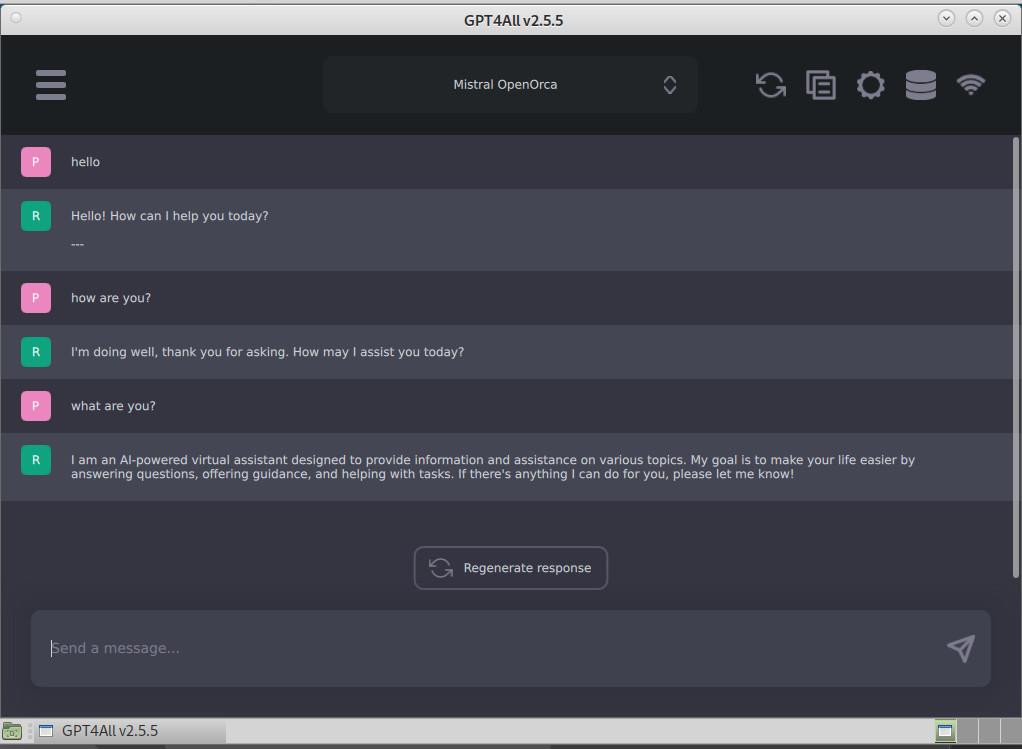In a significant display of political dominance, Togo’s ruling party, the Union for the Republic (UNIR), has emerged victorious in the country’s recent local elections, according to reports from Anadolu Ajansı. The elections, held over the weekend, are seen as a crucial assessment of the government’s performance amid ongoing economic challenges and calls for political reform. The UNIR party, led by President Faure Gnassingbé, secured a substantial majority, further solidifying its grip on power in the West African nation. As the results unfold, analysts are closely examining the implications of this electoral outcome for Togo’s political landscape and the future of governance in the region.
Togo’s Ruling Party Secures Victory in Local Elections Amidst Calls for Electoral Reform
Togo’s ruling party has emerged victorious in the recent local elections, further consolidating its grip on power. Despite facing criticism for underhanded tactics and suppression of dissent, the governing party managed to secure key positions across various municipalities. The elections, held in an atmosphere charged with tension, drew significant attention as citizens expressed their discontent with the electoral process. Key issues raised during the campaigns included allegations of vote manipulation and lack of transparency. Amidst jubilant celebrations from the ruling party’s supporters, many opposition figures have called for a comprehensive examination of the electoral practices that guided this election.
In the aftermath of the polls, advocacy groups and political analysts are voicing their concerns over the urgent need for electoral reforms in Togo. The prevailing sentiment among critics emphasizes that without substantial changes, the democratic process may continue to be undermined. Among the proposed reforms are:
- Establishing an Independent Electoral Commission
- Implementing Voter Education Programs
- Enhancing Electoral Transparency
- Encouraging Political Pluralism
Analysis of Voter Turnout and Implications for Future Political Landscape in Togo
The recent local elections in Togo, where the ruling party emerged victorious, have sparked a significant discourse on voter turnout and its broader implications for the nation’s political framework. While the ruling party celebrated its victories, the turnout figures revealed challenges that could reshape future electoral dynamics. The participation rate hovered around 45%, indicating a growing apathy among voters. This trend raises critical questions regarding public trust in the electoral process and the effectiveness of outreach initiatives aimed at engaging citizens in political discourse.
Analyzing voter demographics indicates that factors such as age, education, and urbanization considerably influence engagement levels. Younger voters, who are typically more enthusiastic about change, showed lower participation, suggesting a disconnect between political institutions and the aspirations of the youth. As we look forward, addressing these issues may require political actors to revamp their strategies to appeal to a broader audience. Potential strategies could include:
- Enhanced civic education programs to empower citizens with knowledge about their rights and the electoral process.
- Utilization of digital platforms to encourage discussions and facilitate greater involvement from the youth.
- Engagement of grassroots movements to rebuild trust in political institutions and inspire greater civic participation.
Recommendations for Opposition Parties to Strengthen Influence and Engagement in Local Governance
The recent victory of Togo’s ruling party in local elections underscores the critical need for opposition parties to recalibrate their strategies for greater community engagement and influence. To effectively counter the dominance of the ruling party, it is essential for opposition groups to establish a strong grassroots presence. This can be achieved by leveraging local networks and fostering relationships within communities. Engaging in town hall meetings and organizing community forums will provide a platform for dialogue and allows opposition parties to address local issues directly. Moreover, integrating social media campaigns that resonate with younger demographics can amplify their message and broaden their reach.
Another key recommendation for opposition parties is to prioritize coalition-building with other like-minded organizations and civic groups. By uniting with NGOs and community leaders, opposition parties can present a united front that challenges the ruling party’s narrative. Establishing a local advocacy agenda that aligns with the interests and needs of constituents will help in mobilizing support and reinforcing their commitment to transparency and accountability. Here’s a look at potential collaboration areas:
| Collaboration Area | Potential Impact |
|---|---|
| Community Health Initiatives | Building trust and demonstrating care for local issues |
| Educational Programs | Empowering youth and enhancing political literacy |
| Environmental Actions | Rallying support around pressing local concerns |
In Summary
In conclusion, the recent local elections in Togo have solidified the ruling party’s dominance, as reported by Anadolu Ajansı. With significant wins in key territories, the electoral outcome reflects both the political landscape and the ongoing challenges faced by opposition groups. As Togo moves forward, the implications of this election will be crucial in shaping the nation’s governance and public policy. Observers will be watching closely to see how the ruling party addresses pressing social and economic issues in the wake of this electoral success. The results point to a continued concentration of power, raising questions about political pluralism and the future of democratic practices in the country. As Togo navigates its path ahead, the impact of these local elections will undoubtedly resonate in the broader West African region.

